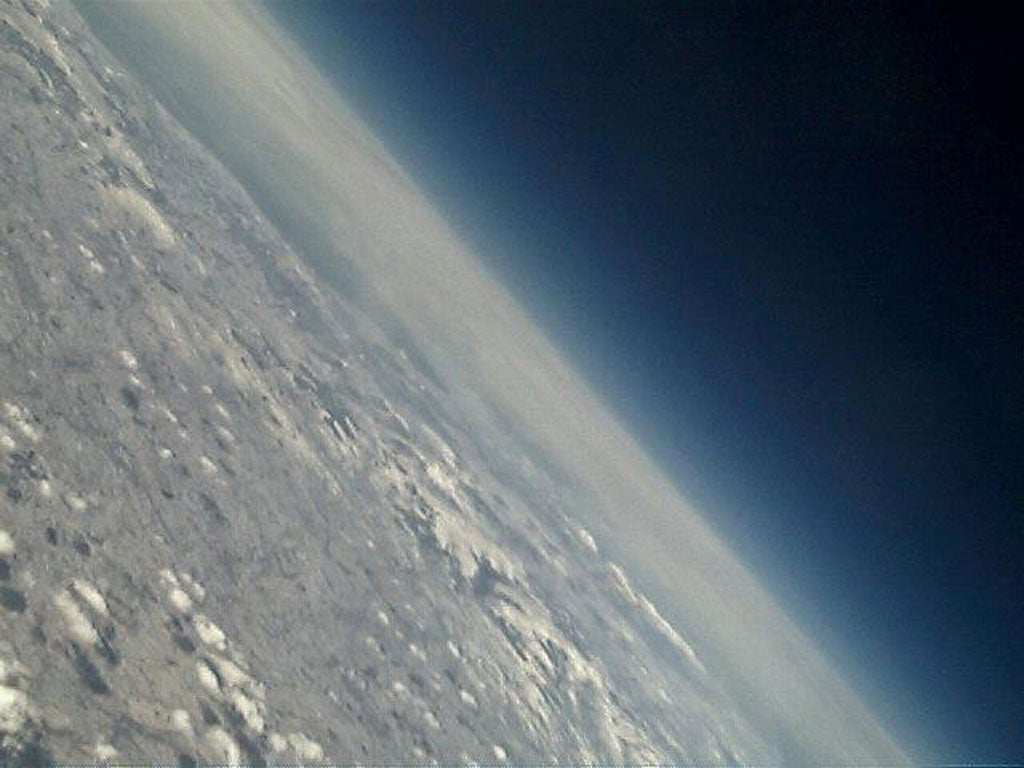Warwick University students build satellite to be launched into space in 2015

Your support helps us to tell the story
From reproductive rights to climate change to Big Tech, The Independent is on the ground when the story is developing. Whether it's investigating the financials of Elon Musk's pro-Trump PAC or producing our latest documentary, 'The A Word', which shines a light on the American women fighting for reproductive rights, we know how important it is to parse out the facts from the messaging.
At such a critical moment in US history, we need reporters on the ground. Your donation allows us to keep sending journalists to speak to both sides of the story.
The Independent is trusted by Americans across the entire political spectrum. And unlike many other quality news outlets, we choose not to lock Americans out of our reporting and analysis with paywalls. We believe quality journalism should be available to everyone, paid for by those who can afford it.
Your support makes all the difference.A team of Warwick University engineers have designed and built a satellite that will be launched about 100km into space from the Swedish National Space Centre in the spring of 2015.
The student team are not only designing the satellite, but the electronics, communications and sensor systems for it too, all of which they will be building themselves.
These engineering students were selected above multiple undergraduate, post-graduate and PhD student teams from all over Europe to be one of the nine projects that will be taken into space by the European Space Agency rocket next year. In addition, the Warwick team were the only solely undergraduate team to be selected to take part in this prestigious programme.
Engineering team member CJ Hanbury-Williams commented, “I am delighted to be selected for the Warwick University Satellite Team (WUSat), its challenging nature is exactly why I applied for engineering at Warwick.”
“The opportunity to work with the the European Space Agency (ESA), as well as being the only British team currently involved with Rocket Experiments for University Students (REXUS) has made this an amazing project to be working on.”
Co-team member Jessica Lomath adds, “It’s always exciting to be a part of a project that you get something tangible and functional from, although there is so much work to do before then!”
The project has also provided the opportunity for collaboration with a group of Physics students who search for planets outside our solar system and analyse their atmosphere. The satellite will be used to collect data, which will be useful in studying planets outside of our solar system.
The students will be traveling all around Europe as part of the project and the director of WUSat Dr Bill Crofts said the team couldn’t be more grateful for the industry sponsorship they have received from Chemring Group, Lyncolec, Solidworks, Thales, National Instruments, ESATAN-TMS, Harwin and RS.
Dr Crofts also remarked that as the 50th anniversary of Warwick University falls in 2015, the same year the satellite will be launched, "it’s great to have a project such as this in terms of publicity for the university."
Join our commenting forum
Join thought-provoking conversations, follow other Independent readers and see their replies
Comments